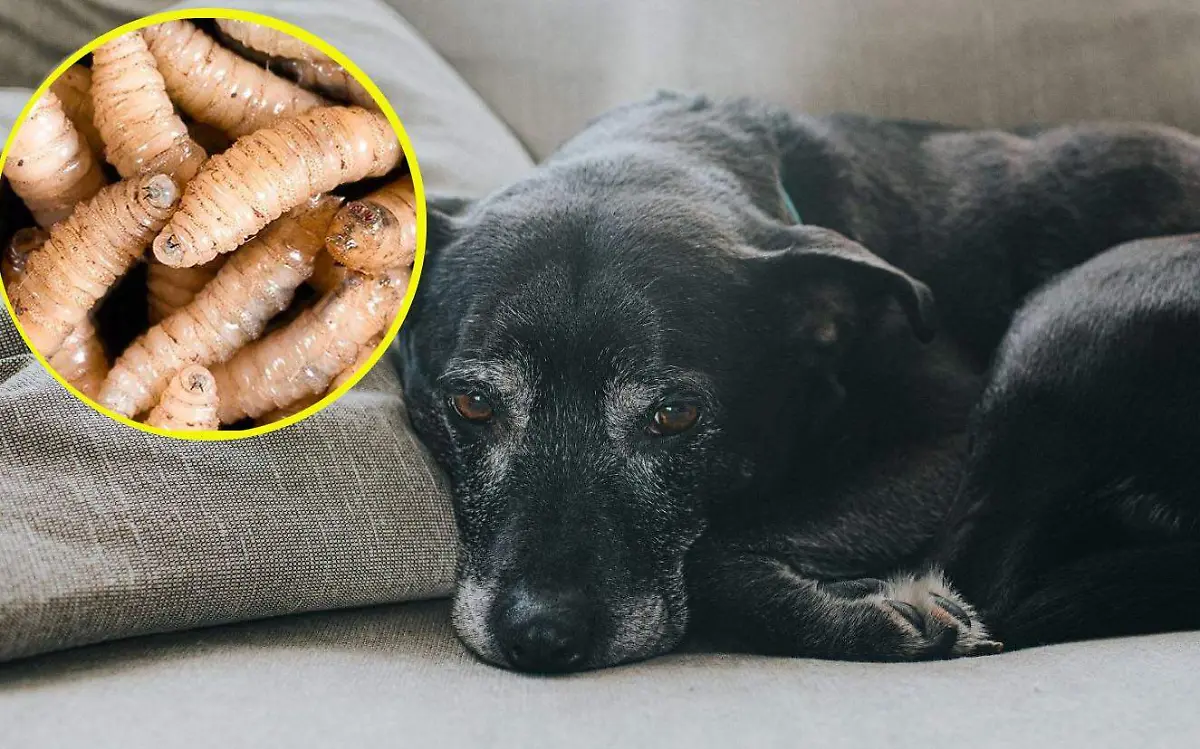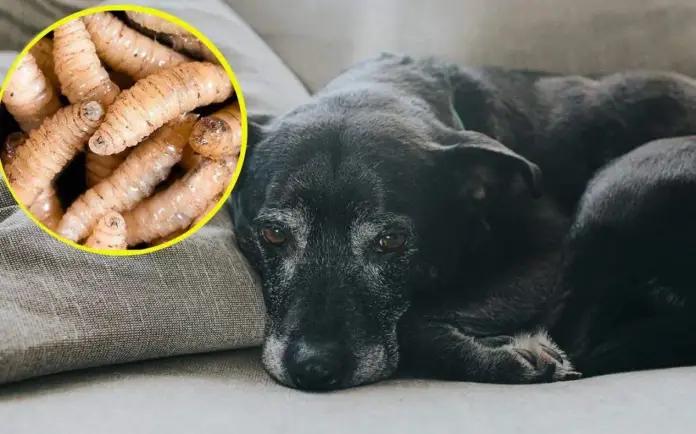The Mérida City Council, through the Environment and Animal Welfare Unit (UMABA), recently reported a case of screwworm (Cochliomyia hominivorax) in a pet.
Municipal authorities reported that at the veterinary clinic located in the Chichén Itzá neighborhood, in the eastern part of the city, a 13-year-old dog was treated for clinical signs suggesting the presence of larvae in various wounds.
In response, the clinic’s veterinarians followed the protocol established by the relevant authorities, which indicates that all wounds on the pet must first be examined and the presence of larvae identified using appropriate equipment to remove them.
Subsequently, the insects are placed in the tube included in the kit provided by the health authority, and the wounds are treated. Samples are then obtained, and SENASICA is immediately notified so that the relevant tests can be performed to confirm the case.
The public is also reminded that if they suspect any situation involving their pets, they do not need to report it to the 070 (National Health Service) number; they should simply go to a veterinarian of their choice.
These types of cases carry no penalties; animals do not need to be quarantined, much less euthanized. There is no need to be afraid to seek veterinary care for their animals.
Complications in infected animals depend on the area where the lesion is located and how advanced the infestation is at the time of detection. However, most cases can be cured with proper management.

Source: notirasa




